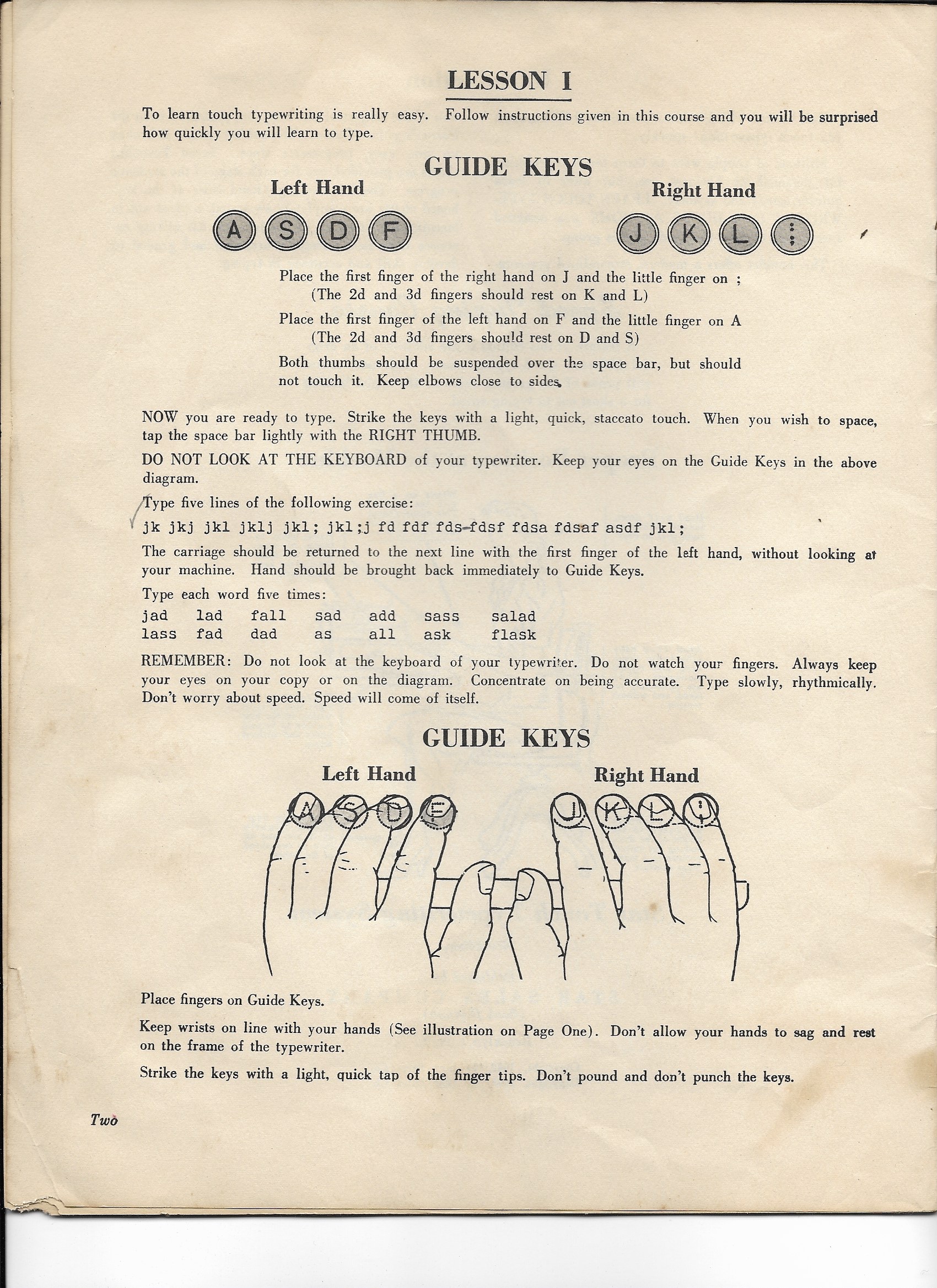The Art of Dissolving, by Donald Illich. (Georgetown, KT: Finishing Line Press, 2016. 28 Pp. $14.99, paperback)
Rocket Children, by Donald Illich. (Bamboo Creek Press, 2012. 38 Pp. paperback)
I don’t remember the first time I heard Donald Illich read, but I’ve heard him several times. What I do remember is the delight I’ve felt each successive time. Illich’s poems are difficult to describe. Some of them are surreal stories about children who can fly or a gingerbread man aghast at people nonchalantly eating his brethren. There is humor and horror in equal parts in a Kafka-esque world.
Illich’s new chapbook doesn’t disappoint. It opens with “Gravity,” which begins:
My parents used to tell me
that gravity turned off at night.
That everyone floated
in their bedclothes, bouncing
against the walls of their rooms.
There’s a sense of being overwhelmed by the adult world, and also a betrayal—what could these parents possibly intend by telling a kid this? It also sets up a sense of alienation, a theme that flows through much of Illich’s work. Later in the poem, he describes himself floating, while onlookers “watch me rise like a balloon/sending darts toward me, waiting.”
“The Moon Is Up” is one of my favorite Illich poems. It deals with the workaday world, “I left for work with the moon still up./I thought I should say something to it,/praise for staying up late so long…” He describes traffic as “speedy beetles” and begins to see beauty in the sameness of things, “If I could I’d build a miniature model/of this little world. I’d plant myself/in the middle, hands reaching out//toward the sky…” But alas, he’s stuck at his “brown desk.” He is “the action//figure typing up a memo.” Finally, he concludes, “Watching/the sun come back through the blinds,/feeling I was heroic just being there.”
Illich has an older chapbook called Rocket Children which also contains some personal favorites of mine. “Sketch of an Astronaut” is about a man who refuses to take off his spacesuit as he maneuvers around a town “shaped for farmers and teens with buckets of turnips.” Several of these poems follow pop culture figures in unusual situations or having to deal with ‘real life,’ like Beetle Bailey or Kafka.
Illich’s poems are often funny, but there’s a depth of profound wisdom to them as well. Of course, humor is grounded in tragedy, and though a poem like “Rocket Children,” which describes exactly what the title suggests seems hopeful, there’s also a sadness to it. And yet, in this strangeness in which houses on stilts run away or lives dissolve, there’s an underlying realness. Illich gets at primordial fears—not that a house will literally run away but that one might lose ones home in unexpected circumstances, which might seem just as strange as if it ran away one day.
-CL Bledsoe is the Assistant Editor of the Dead Mule School of Southern Literature. The Mule welcomes book reviews and solicits them year round.







